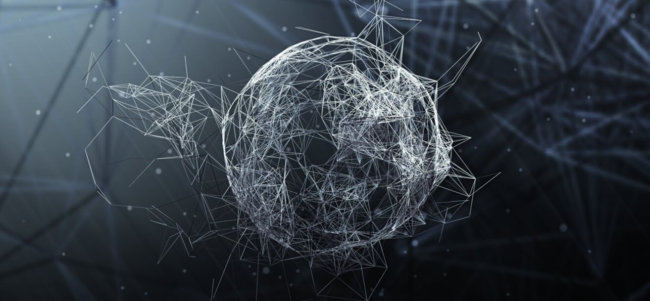
Some people take the drug levodopa every day for three times. Accept because their brains don’t produce enough dopamine. Without him, their arms and legs are shaking and the body is hard to get to do what I want. That is Parkinson’s — many neurons that produce dopamine have died. But thanks levodopa the brain receives synthetic dopamine.
This incredible product is produced naturally in the large bean plant. The fact that nature has made in this plant the same molecule, which lacks the human brain, does not fit in the head. In the first half of the 20th century, we figured out how to make this component by a chemical method that has allowed people to mass produce it and give patients with Parkinson’s around the world. The fact that this discovery took place is due to our ingenuity and intelligence. When Parkinson’s disease was diagnosed 60 years ago, doctors had nothing to offer. Today, people with it can function quite normally, and all thanks to this plant and human intelligence.

But that’s not good enough. Whenever a person takes this medication, the whole brain is flooded with dopamine. At first, it gives a nice effect and makes a person more alert and focused, but also carries negative consequences. Any drug that people take, from THC in marijuana to the caffeine in coffee are chemicals that bind to receptors in the brain. They either stimulate or inhibit neurons, thus triggering a cascade of other effects. For example, if taken regularly, the brain produces additional receptors in anticipation of the drug; therefore, there is addictive. Not that it was bad, just changes the chemistry and structure of the brain.
Although the modified structure, which появляtтся because too much caffeine may not be harmful, other drugs like synthetic dopamine, can. Most people who take levodopa for many years, begin to experience the side effect of the drug dyskinesia, which is difficult to control the body. To overcome this side effect, we need other drugs that will continue to change the brain, leading eventually to other drugs which eliminate previous negative effects. In the end, patients will spend most of the day, taking the pills, and disease will become quite difficult to manage.
In addition, the human brain is arranged differently, and as a result side effects have differential effects on patients. Yet the pharmaceutical industry is built around one motto: one cure fits all, and until we reach that moment when we have an individual approach to the treatment of diseases, and will be.
But the biggest obstacle for the detection of diseases such as Parkinson’s or Alzheimer’s, is the amazing complexity of the brain. Says James Watson, “the brain is the last and greatest biological frontier, the most complex thing that exists in our Universe. It contains billions of cells linked by trillions of connections. The brain affects consciousness.”
What should I do? It is highly likely that the mechanisms underlying neurodegeneration, from which each of us will suffer in one degree or another, too complicated, we would like to determine. The list of factors that must be determined to decode all these diseases, infinitely long. In any case long enough so that a person or even a group of people could make. Although we’ve gone far enough in the treatment of such diseases and develop new methods to completely cure them is not possible in the short term.
The same can be said about some puzzles that we cannot yet decide. For example, climate change, the origin of the Universe or conflicts on the planet. Largely prevents us from human stupidity.
And that’s why creating artificial intelligence may prove to be useful. Just like every parent hopes his child will be smarter than him, our hope is to create artificial intelligence in the form that will be wiser than us and can solve many problems of our world.
The human intellect is limited, therefore we need artificial intelligence
Ilya Hel